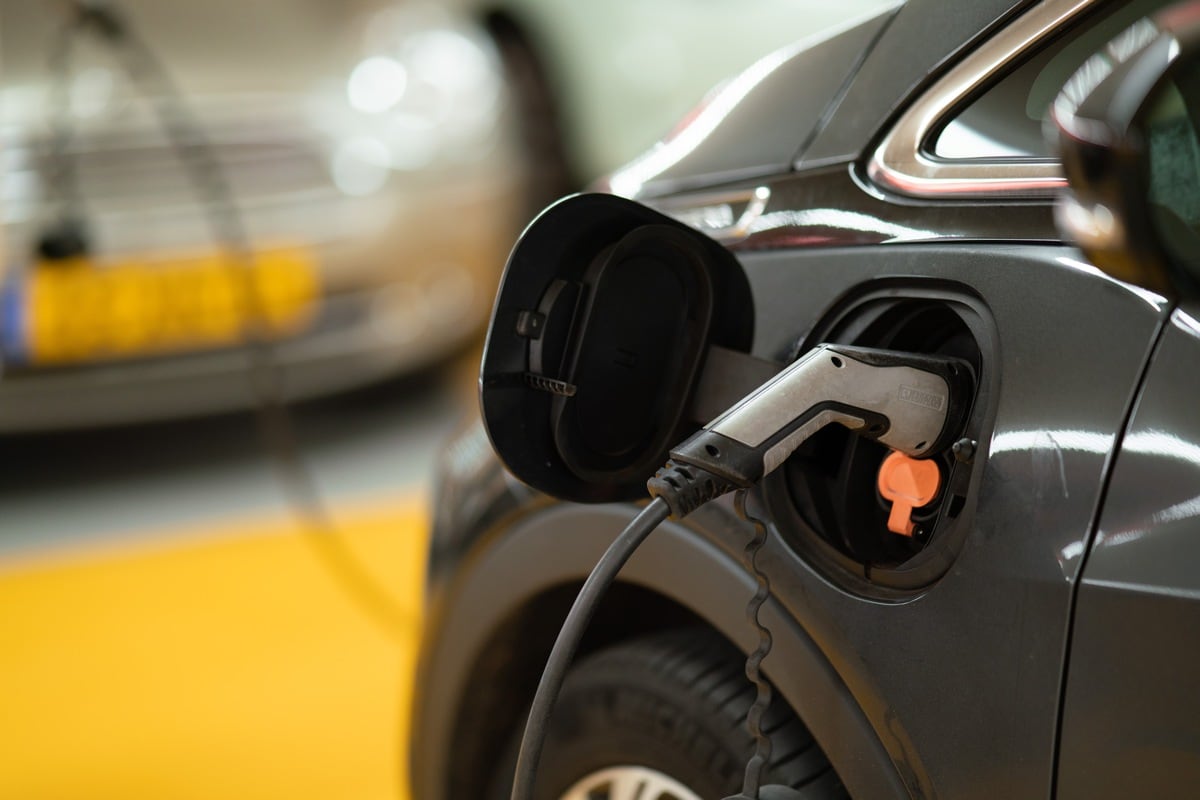Government Initiatives to Boost Electric Vehicle Sales
The Indian central government has recently earmarked a substantial budget of Rs 14,335 crore to accelerate the adoption of electric vehicles (EVs) throughout the country. This initiative aims to not only promote various types of EVs, including buses, ambulances, and trucks but also combat the rising pollution levels.
Overview of the Schemes
Two major schemes are at the forefront of this initiative: the PM Electric Drive Revolution in Innovative Vehicle Enhancement (PM E-DRIVE) and the PM-eBus Sewa-Payment Security Mechanism (PSM). A significant portion of the funding, around Rs 10,900 crore, will be allocated for PM E-DRIVE, while approximately Rs 3,435 crore is designated for the PSM.
Subsidies and Incentives
According to Information and Broadcasting Minister Ashwini Vaishnaw, the PM E-DRIVE scheme is poised to make a meaningful impact in reducing pollution levels. Under this initiative, a total subsidy of Rs 3,679 crore will be offered for the purchase of electric two-wheelers, three-wheelers, ambulances, and trucks. This financial support is expected to facilitate the acquisition of around 2.48 million electric two-wheelers, about 316,000 electric three-wheelers, and 14,028 electric buses.
Innovative Features of the Scheme
To streamline the process, the Ministry of Heavy Industries will implement an e-voucher system that incentivizes buyers during their EV purchases. Upon acquisition of an EV, buyers will receive a digital voucher on the scheme’s portal. Notably, Rs 500 crore is set aside specifically for electric ambulances under the PM E-DRIVE scheme, encouraging the adoption of electric vehicles for emergency medical services.
Electric Buses and Trucks Initiative
A further investment of Rs 4,391 crore will target the procurement of electric buses by state transport corporations and public transport agencies. The assessment for demand will be spearheaded by the Convergence Energy Services Limited (CESL) in major metropolitan centers with populations exceeding 4 million, such as Delhi, Mumbai, Kolkata, Chennai, Surat, Ahmedabad, Pune, and Hyderabad. The government is also addressing the environmental impact of diesel-powered trucks, which are significant contributors to pollution, by funding the transition to electric truck solutions.
Future Goals
The Indian government is ambitious about increasing the share of EVs in the total automobile market by the year 2030. With a marked increase in electric vehicle registrations over the past few years, the foundational work being laid through these schemes promises to continue this upward trajectory while also diminishing the country’s carbon footprint.
Summary of Funding Distribution
| Scheme | Allocated Budget (Rs crore) | Purpose |
|---|---|---|
| PM E-DRIVE | 10,900 | Subsidies for EV purchases, including two-wheelers, three-wheelers, buses, and trucks |
| PM-eBus Sewa | 3,435 | Funding for electric bus procurement by state transport |
| Electric Ambulances | 500 | Incentivizing the purchase of electric ambulances |
The government’s endeavor to enhance the use of electric vehicles is not only a step towards cleaner transportation but also a significant shift towards sustainable urban development in India.









